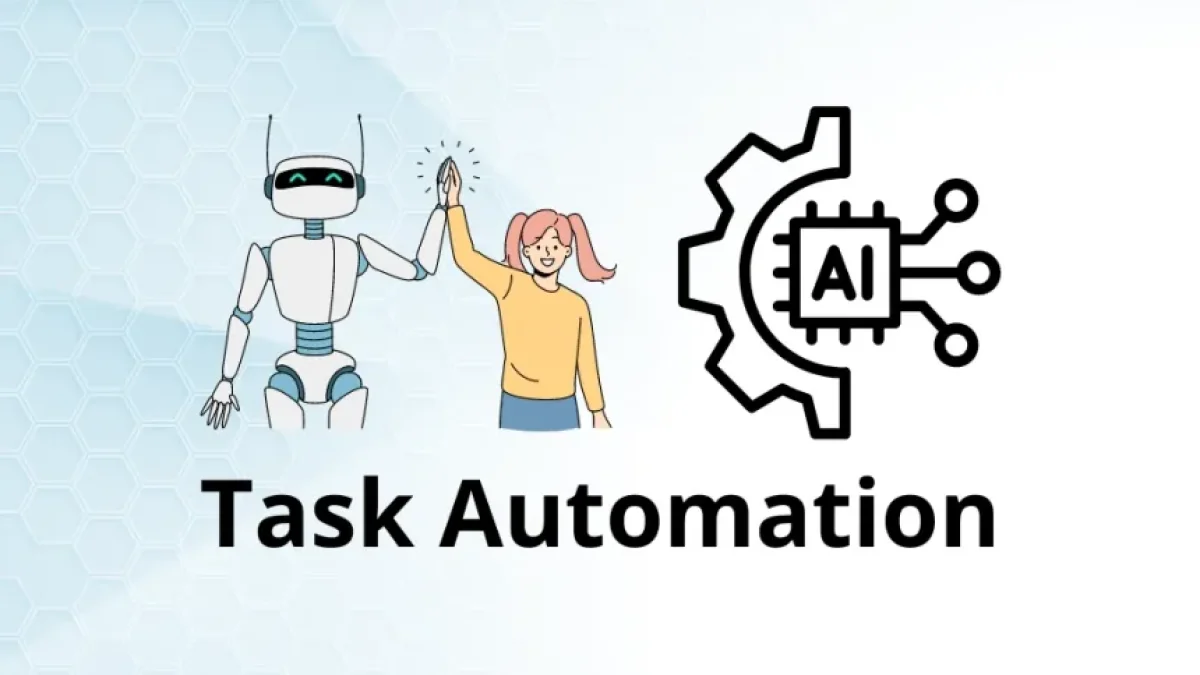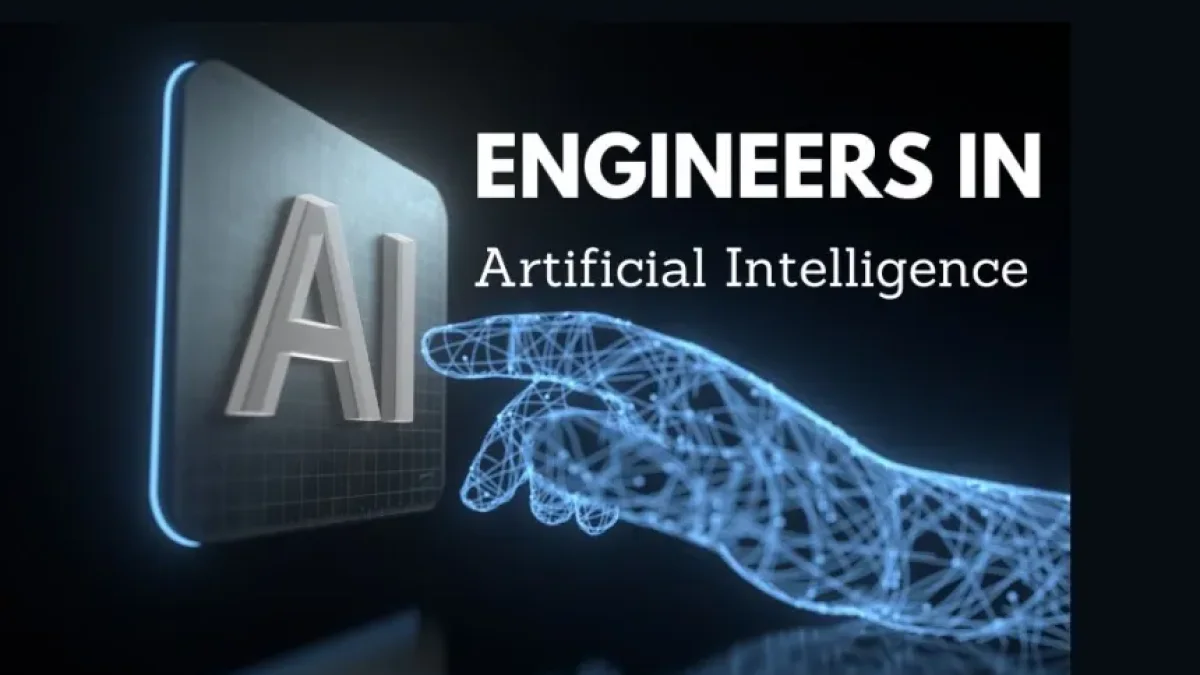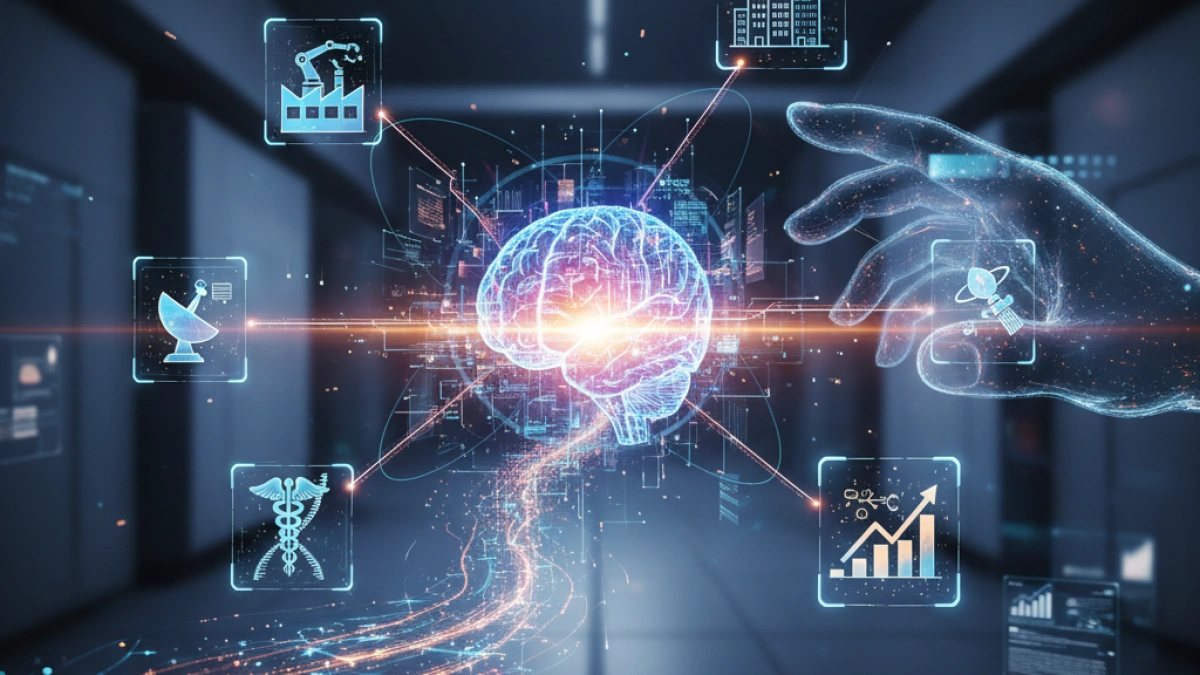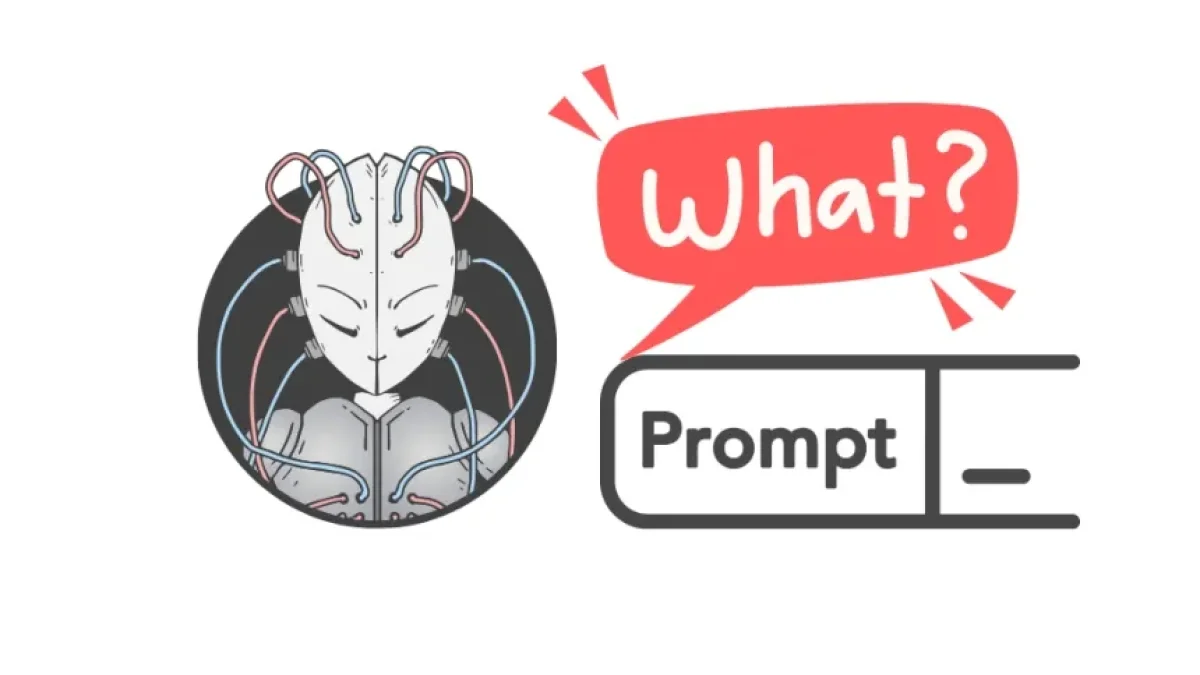AI Will Transform Employment: New Jobs and Occupational Risks

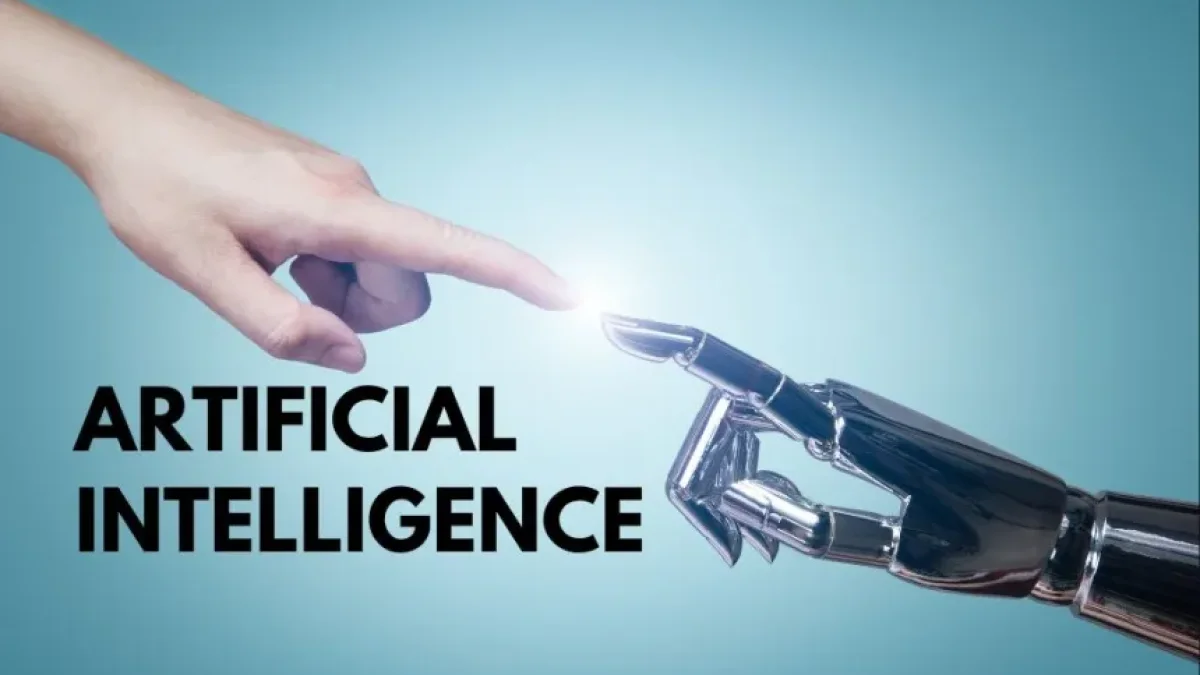
The arrival of artificial intelligence (AI) is reshaping the global labor landscape. According to a recent report from the World Economic Forum, it is expected that AI will not only create new jobs but also eliminate certain positions and present occupational risks that need to be addressed. This article examines projections regarding the future of employment in the context of AI, as well as the potential benefits and challenges this technological advancement may bring.
Job Creation Through AI
The World Economic Forum report presents a scenario where it is expected that by the year 2025, 97 million new jobs will be created globally due to the adoption of AI and automation technologies. These new roles will be aimed at emerging sectors that require advanced and technical skills.
The transformation of employment will be correlated with the rise of industries such as artificial intelligence, sustainability, and health. These sectors will not only experience significant growth but will also offer job opportunities that demand specialized training.
Read also
Jobs at Risk Due to Automation
Despite the creation of new jobs, the report also warns about the disappearance of approximately 85 million positions. The tasks that are most susceptible to automation include those that are repetitive or routine, such as certain roles in manufacturing, administration, and customer service. These changes reflect a historical trend where technological innovations have replaced certain job functions while creating others.
However, it is estimated that job loss will not be uniform. The areas least vulnerable to automation are those that require creativity, critical thinking, and interpersonal skills. This means that workers will need to adapt and acquire new skills to remain relevant in an ever-evolving labor market.
Occupational Risks Associated with AI
The integration of AI in the workplace also raises concerns about employee health and well-being. Some emerging occupational risks include:
Read also
- Work Overload: Automation may lead to increased performance demands, with unrealistic expectations regarding the outcomes that can be achieved.
- Disruption of Work-Life Balance: AI may encourage constant availability of employees, which could affect their personal time and quality of life.
- Employment Inequality: Those who have access to training and resources to adapt to new technologies will be in a better position than those who lack these opportunities.
Organizations will need to address these risks with appropriate policies that promote a healthy and equitable work environment, providing necessary training for all workers.
Conclusion
Artificial intelligence is at the center of an unprecedented labor transformation. With the creation of new jobs and the disappearance of others, it is essential for both employees and employers to prepare for these changes. Companies must adopt a proactive approach to tackle challenges and seize the opportunities that AI presents.
I invite you to read more news of this kind on my blog, where we explore the impact of technology on our daily lives and in the labor market. Don't miss it!

